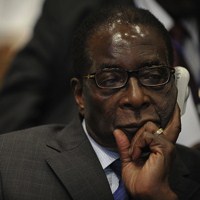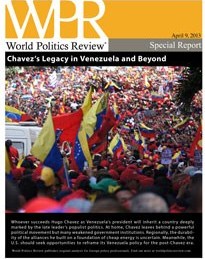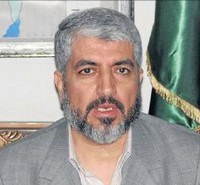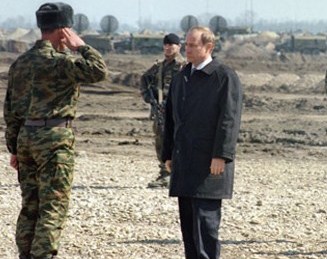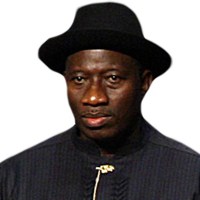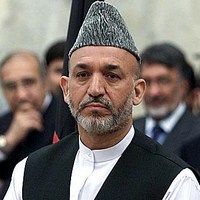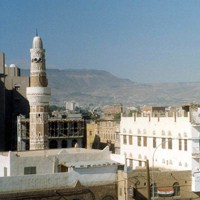
In early April, former Yemeni President Ali Abdullah Saleh left Yemen for medical treatment in Saudi Arabia, an example of Saudi Arabia’s deep involvement in the political transition of its southern neighbor. In an email interview, Bernard Haykel, a professor of Near Eastern studies at Princeton, explained the mechanics and the limitations of Saudi Arabia’s influence in Yemen. WPR: What are Saudi Arabia’s main levers of influence in Yemen? Bernard Haykel: Saudi Arabia has long-standing relationships with most, if not all, political, tribal and regional actors in Yemen. The principal form this relationship takes is payments offered by the Saudis […]

